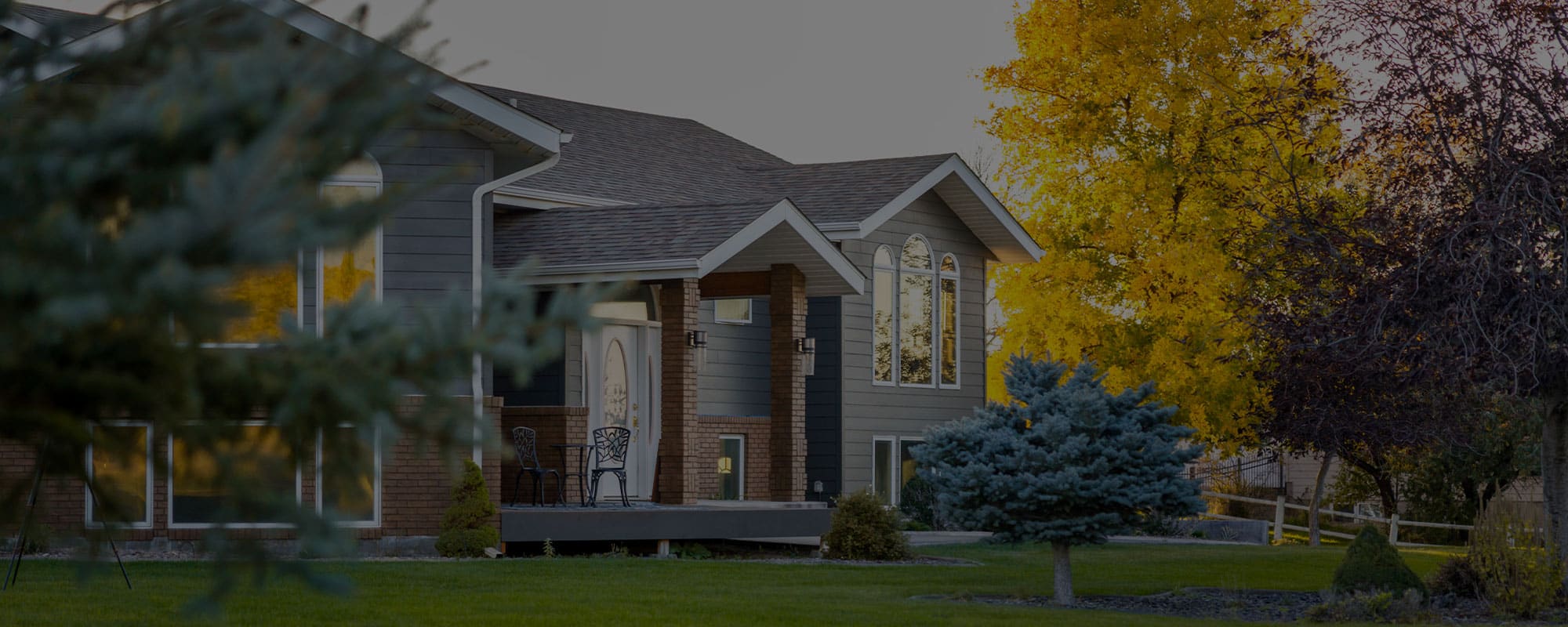The question of whether to purchase or rent a home is a hot topic within the current economic environment. Mortgage rates are now significantly higher than in recent years, and housing prices are quite high as well. These factors are causing many people to choose to wait out the market instead of jumping in to purchase. But rents are not necessarily inexpensive either, especially in popular markets. What should you do?
The decision to buy or rent a home is a big one that requires careful consideration. In this article, we will explore the key factors you should evaluate before deciding to buy or rent. We will discuss financial readiness, how long you plan to stay in your home, and the relative value of renting versus buying in your area.
Are you in a financial position to purchase?
Before one can make the decision to buy or rent a home, it is crucial to assess one’s financial standing. This includes an evaluation of income, upfront costs and credit score.
Income
Your income largely determines your ability to qualify for a mortgage as well as how much of a home you can afford. Reviewing this component alone may help you determine whether you should rent or buy a home. A sound principle is to allocate no more than 30% of your gross income to housing.
Upfront Costs
When buying a home, there are significantly higher upfront costs than when renting a home. One obvious cost is the down payment, or the percentage of the purchase price paid upfront when acquiring a home. While a 20% down payment has historically been the standard, loans with lower down payments are available in today’s market and can be feasible. With a down payment of less than 20%, however, the lender may require private mortgage insurance (PMI), layering on an additional monthly fee that can significantly increase your mortgage payment.
It is important to realize that the down payment isn’t the only check you will bring to the closing table. There are additional closing costs such as application fees, inspection fees, appraisal fees, and attorney fees in certain states. On the other hand, the initial financial outlay to rent a home is typically a small application fee, your first month’s rent, and one month’s security deposit.
Credit Score
Your credit score is another vital piece of the puzzle when it comes to purchasing a home. A strong credit score opens the door to more favorable loan terms and lower interest rates. Therefore, if home ownership is on your horizon, now is the time to enhance your credit score. (Tactics to do so, while important, are beyond the scope of this short article).
How long do you plan to stay in your home?
One of the most critical factors to consider when choosing between buying and renting a home is the planned duration of your stay. If you like the area where you live, are generally ready to settle down for at least three to five years and keep the same job, being a homeowner may be a good fit for you. If you anticipate relocating within a few years, renting may be the wiser choice. The initial costs of purchasing a home, like closing expenses and realtor fees, can take years to recoup through homeownership, making it a less attractive option for short-term residency.
On the flip side, if you’re in it for the long haul, buying a home can be a savvy financial move. The property’s value may appreciate over time, yielding a profitable return when you decide to sell. Moreover, as you pay down your mortgage, you’re building equity, which can serve as a valuable asset in the future.
Does renting or buying offer better value in your area?
In some markets, renting can be significantly more affordable than buying a home, especially in high-cost urban areas. Analyzing the cost of renting versus buying in your specific location is crucial.
The price-to-rent ratio is a useful tool here. It’s calculated by dividing the median home price in an area by the annual rent for a comparable property. It compares the price of buying a home to the cost of renting one. A lower price-to-rent ratio suggests that buying might be a better financial decision, because it indicates that the cost of buying is relatively low compared to renting. A higher price-to-rent ratio suggests that renting might be more economical.
Key takeaways
Purchasing a home is a substantial financial commitment, and it is essential to ensure that you can comfortably manage the monthly mortgage payments, along with the added costs of homeownership, such as property taxes, insurance, and maintenance. If you’re uncertain about your financial readiness to buy, renting may be the wiser choice for now.
Secondly, let’s look at the time horizon of your stay. If it’s a short-term plan, renting might be more financially prudent, given the substantial upfront costs of purchasing a home, like the down payment and closing costs. On the other hand, if you’re in it for the long haul, buying a home could prove to be a sound investment.
Thirdly, the economics of renting versus buying can depend on the location. In certain areas, the cost of renting may be more favorable than that of purchasing, while in others, the opposite may be true. A thorough analysis of the local housing market is recommended to make an informed decision.
Conclusion
Ultimately, the decision to buy or rent will depend on your individual circumstances, financial goals, and long-term plans. If you are still undecided, it may be helpful to speak with a financial advisor or real estate professional who can provide personalized guidance based on your specific situation.

